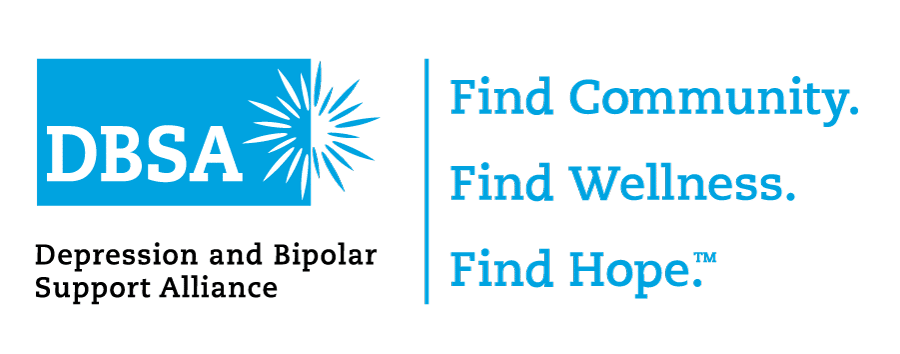
Over the past 40 years, DBSA has grown from a small meeting in DBSA co-founder Rose Kurland’s living room to become the nation’s leading peer advocacy organization, supporting individuals with mood disorders, as well as their loved ones and caregivers.
In celebration of our 40th anniversary, we reached out to past leaders of DBSA to hear their reflections on their time at DBSA and how we have grown over the past decades.
In addition, Michael Pollock, outgoing CEO, leaves us with this message:
“Thanks to so many people, DBSA ensured peer support remained accessible during the pandemic—a time of fear, uncertainty, and loneliness. I’m deeply grateful to the chapter leaders, support group volunteers, our partners, and the DBSA staff whom I had the privilege of working alongside during one of our organization’s most challenging times.”
– Michael Pollock, CEO of DBSA, 2018-2025
Allen Doederlein
President and CEO of DBSA, 2011-2017
What makes DBSA unique and important among mental health advocacy groups is that DBSA authentically and from a first-person perspective represents the challenges and opportunities, the needs and contributions, of people with depression and bipolar disorder. This, coupled with a refined vision and mission during my tenure that boldly declared DBSA was transforming the conversation about mood disorders from one of danger and drain to one of collaboration and contribution—and awareness and educational campaigns geared towards wellness, resilience, and a balanced, multi-pronged treatment approach anchored by individuals’ personal definitions of their own recovery—led to the prominence of DBSA today.
Cindy Specht
Former Co-President, Executive Vice President
Cindy Specht came to DBSA with a family mindset, familiar with and focused on supporting the loved ones of individuals living with mood disorders, but during her tenure, she grew to understand the perspective and value of lived experience. She is proud of her work in empowering peers to recognize their own agency and not see themselves as at the whim of their diagnosis.
Peter Ashenden
President of DBSA, 2005-2009
Peter Ashenden considers his biggest accomplishment at DBSA empowering peers to share what their life was like or how they dealt with trauma, and seeing how that helped others to feel calm enough to share—an approach often overlooked in traditional therapy, he said. Peter said that while there is still a long way to go, he sees the result of peers fighting for better conditions and how that has helped to decrease stigma. Since his tenure, he said DBSA has grown to a national organization with thousands of members, positioning us as an important voice in mental health care and peer advocacy.
Susan Resko
Executive Director of The Balanced Mind Foundation, 2005-2012
Development Director of DBSA, 2012-2013
Susan Resko played a significant leadership and visionary role in shaping advocacy for youth mental health within DBSA. The Balanced Mind Foundation, which focused on children with mood disorders, was established in 2000, and Susan served as its executive director from 2005 until she approached DBSA in 2012 to suggest a merger. She believed the two organizations could be stronger together and have a louder voice. Thirteen years later, DBSA’s north star still includes supporting peers throughout the lifespan.



